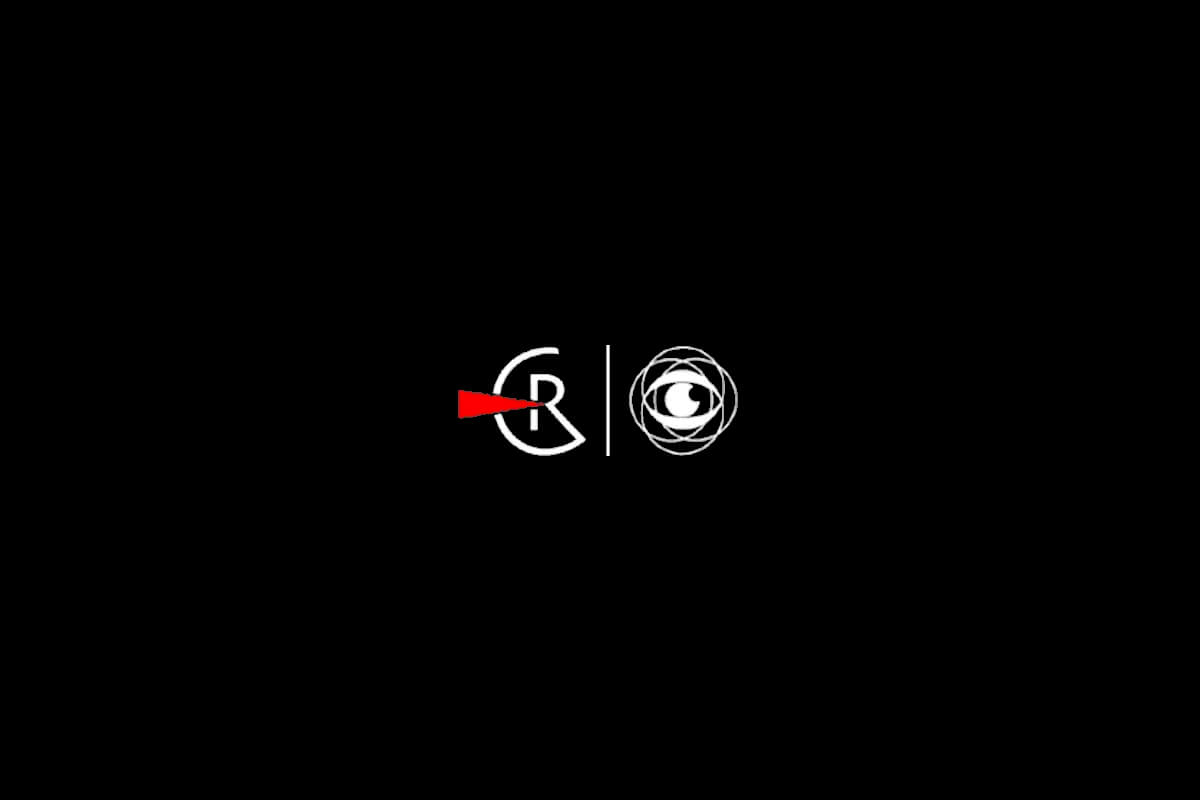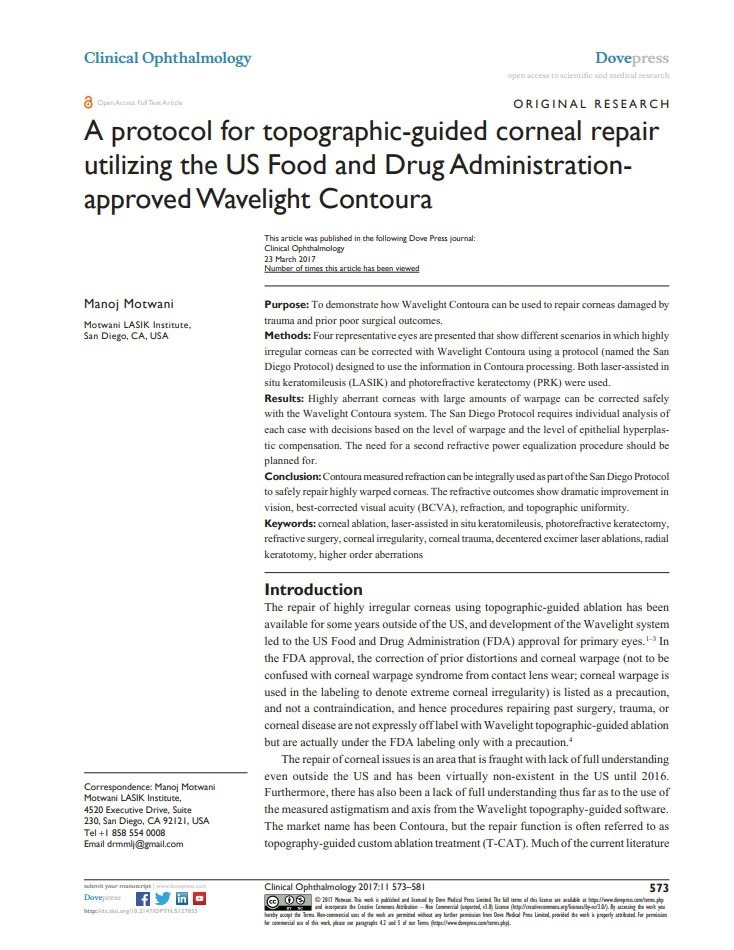Cataract Surgery Corneal Repair
Motwani LASIK Institute | cornea revolution, San Diego Ca.
Cataract surgery is a common and highly successful procedure, but complications can sometimes occur, affecting the cornea. At Motwani LASIK Institute, we offer specialized care for corneal issues arising from cataract surgery. Dr. Motwani’s expertise in corneal repair and reconstruction can help restore your vision and improve your overall eye health.
Video Consultation
Have a face-to-face consultation with Dr. Motwani from the comfort of your home.
In Office Visit
In the area or able to travel. Experience personalized care in our state-of-the-art facility.
Patient Questions
Find answers to the most common questions asked by our patients.
Cataract Surgery Corneal Repair
Utilizing the CREATE Protocol
Cataract surgery is the most performed surgical procedure in the United States, with a phenomenal track record for improving vision. The most common surgical approach creates surgical incisions in the peripheral cornea. Unfortunately, in uncommon cases, these incisions can function as astigmatic keratotomy (AK or RK) incisions and induce irregular astigmatism. This usually leads to a patient that measures well on an eye chart, but is unhappy with their vision.
This irregularity is treated very similarly to an RK repair. The irregularity in the cornea, including the part being compensated for by the epithelium, is treated and decreased. Treatment is in two phases. Phase 1 treats the corneal irregularity and makes a more uniform cornea repairing the irregularity of the cornea. Included in this repair is the significant portion of the irregularity masked by epithelial compensation, which topography guided ablation (market name Contoura) cannot measure. This laser procedure, the CREATE Protocol, has been granted a patent by the U.S. Patent Office to Dr. Motwani (European Patents Pending). Phase 2, which typically occurs 4 months later corrects the power of the cornea so full correction is performed. In the interim healing period, the patient can wear simple glasses or contacts to treat the refractive error, but with significantly decreased visual symptoms as the cornea is a much more ideal shape.
In treatment post cataract, usually the first phase allows us to get close enough that the refractive error treated in Phase 2 is not large. Most patients do not use glasses for distance, but may use some for reading while awaiting phase 2.
Cataract Surgery Corneal Repair Videos
Cataract Surgery Corneal Repair Videos

2:41

1:07

7:58

0:00
The Last 25 Years
the journey, accomplishments and a cutting edge facility
By combining clinical excellence with compassionate care, we strive to create a transformative experience for every patient, enabling them to see the world with newfound clarity and confidence.
The Journey Thus Far The Last 25 Years
Witness the evolution of LASIK through the eyes of a true industry leader. Dr. Motwani shares insights from his decades of experience, highlighting the advancements that have made vision correction more accessible and effective.
25 Years Of Accomplishments
Discover the milestones that have defined Dr. Motwani's career. Learn about his groundbreaking patents, innovative techniques, and how he's revolutionized the LASIK industry.
Patient Testimonials
listen to what our patients are saying
Patient Testimonials

1:04

1:07

1:21

0:41

3:55

2:25

1:40

0:23

0:37

1:12

1:16

0:39

1:12

1:52

0:31

1:15

1:27

0:24

1:11

1:29

1:05

1:01
Motwani Publications
research 100's of dr. motwani's publications
Dr. Motwani is a world-wide renowned expert/authority in the field of ophthalmology and laser vision correction. His commitment to advancing the industry is evident in his extensive publications and research. Explore his groundbreaking work in peer-reviewed journals and industry publications.
